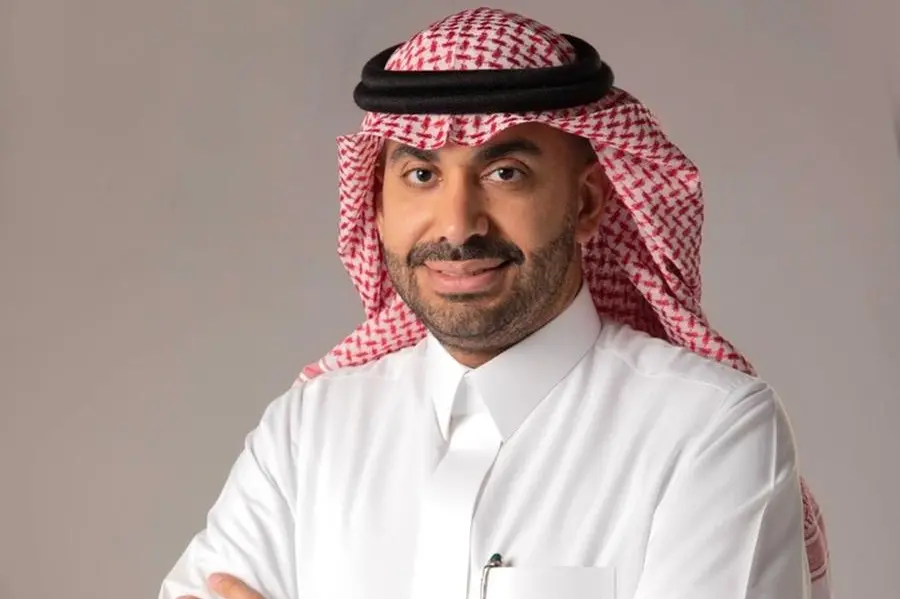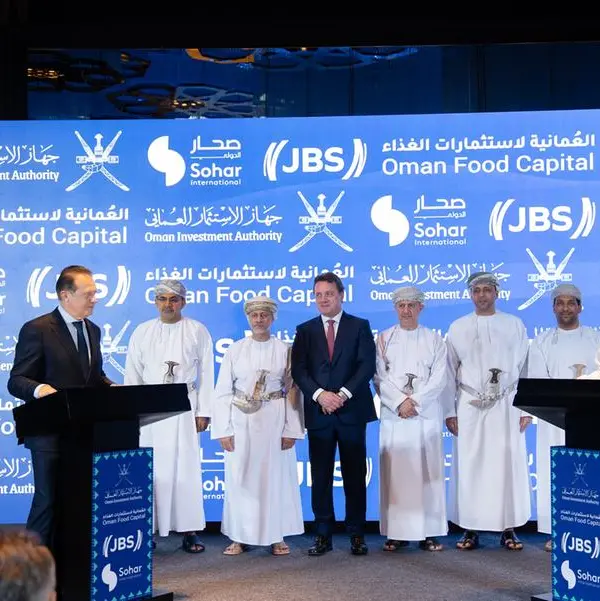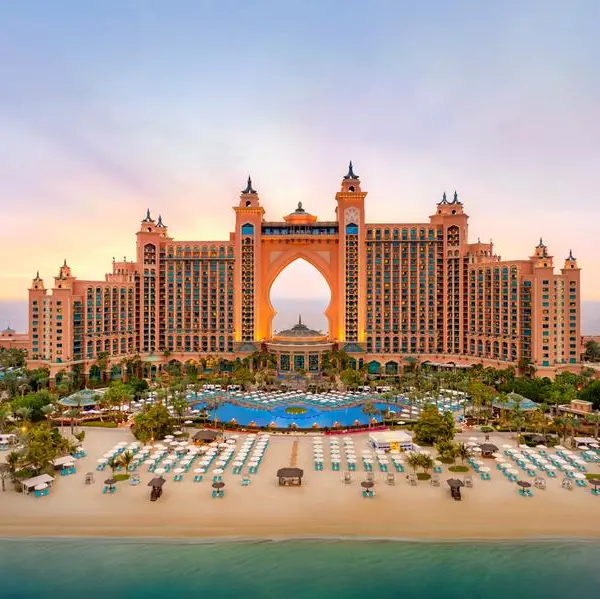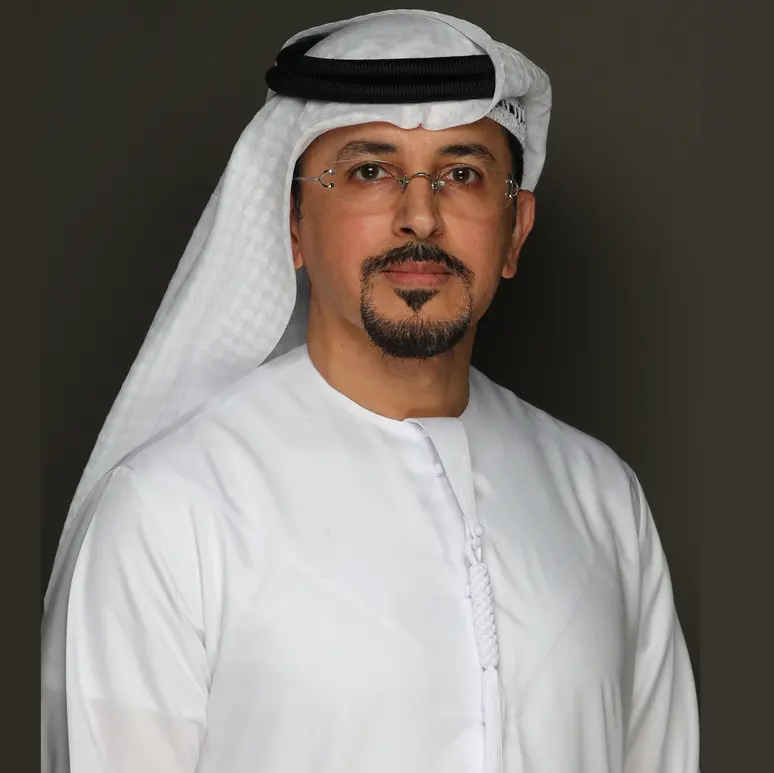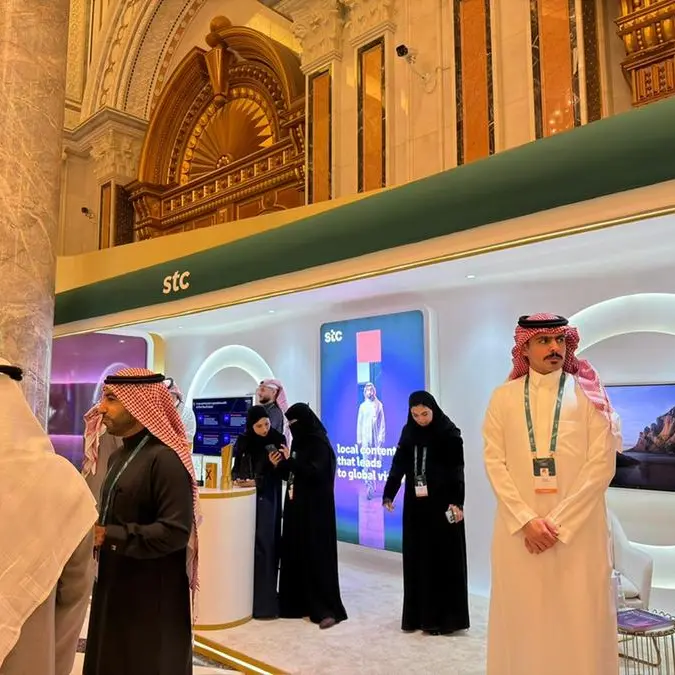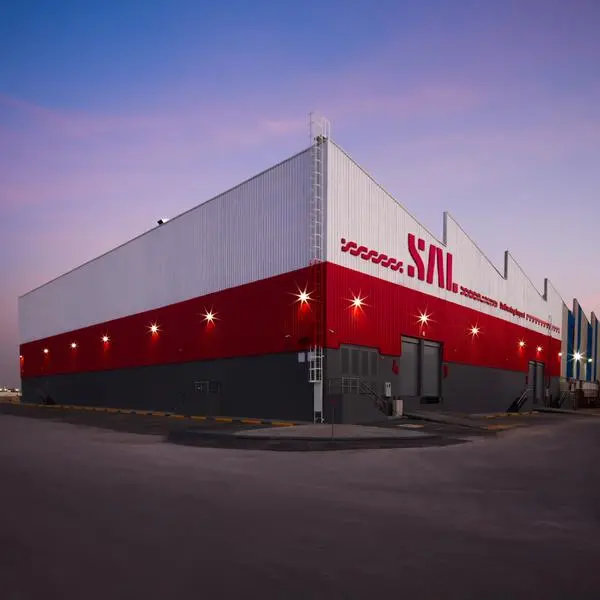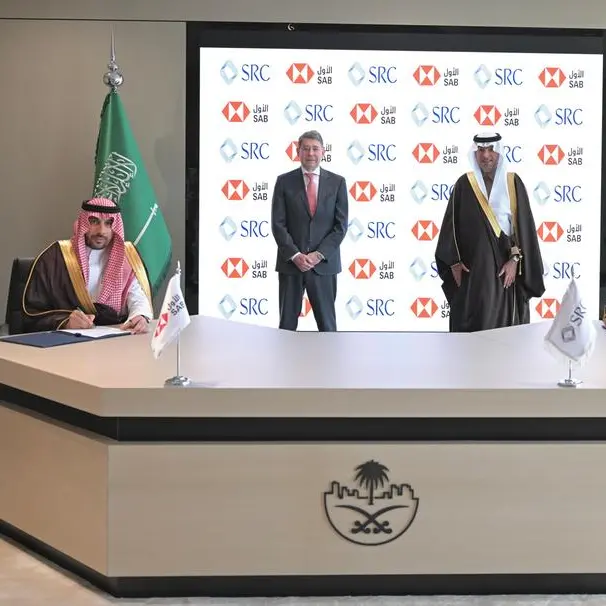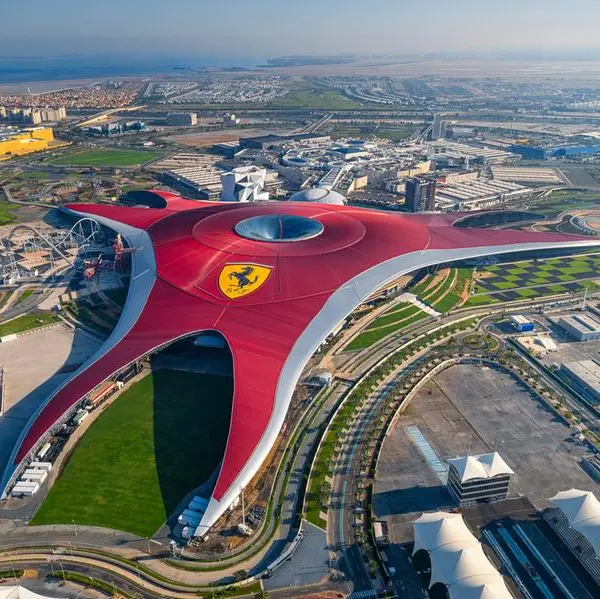PHOTO
- The outlook for Riyadh's office sector remains optimistic, fueled by persistent strong demand and limited short-term supply additions.
- As Saudi Arabia progresses with its Vision 2030 objectives, Riyadh's hospitality market is likely to play a crucial role in supporting the Kingdom's broader economic goals and establishing itself as a key destination for both business and leisure travellers in the region.
- 5G and AI are driving rapid growth in the MEA region’s data centre landscape
Riyadh, Saudi Arabia – Saudi Arabia’s real estate market is set for substantial expansion in the year ahead, driven by Vision 2030 and strategic diversification, according to JLL’s Middle East and Africa Market Review and Outlook 2025. The report highlights the Kingdom’s transformative growth and unique opportunities, fuelled by its ambitious development agenda, even as the market navigates supply chain complexities and rising construction costs.
Against the backdrop of global macroeconomic uncertainty and ongoing shifts in fiscal and trade policies, JLL maintains an optimistic outlook for economic growth across GCC economies, with Saudi Arabia leading the way. The non-oil sector in the Kingdom is projected to grow by 5.8% in 2025, up from 4.5% in 2024, fuelled by significant investment in infrastructure and private sector participation.
Saud Alsulaimani, Country Head KSA, JLL, said: “Despite global economic headwinds, the resilience and strategic diversification efforts in Saudi Arabia driven by Vision 2030 are a significant catalyst for real estate development, attracting both domestic and international capital. The flight to quality, limited vacancy in prime assets, and ambitious tourism strategies are further bolstering sustained demand across key sectors, particularly in Riyadh and Jeddah, creating a compelling investment landscape for the long term.”
Although the MEA region’s construction project market slowed in 2024, Saudi Arabia's construction sector remained robust, accounting for US$29.5 billion of the total construction project awards. The hospitality, mixed-use, and leisure segments saw significant activity, with the residential sector performing strongly with US$7.9 billion in awards.
As Saudi Arabia prepares for major events, it anticipates capacity constraints from 2025 to 2028 alongside challenges from rising costs and geopolitical conflicts. Maintaining its 2024 tender price inflation (TPI) trajectory of 6% for this year, the Kingdom is addressing these challenges through intensified localisation efforts, sustained infrastructure investment, digital transformation, regulatory reforms, enhanced stakeholder collaboration, and a focus on renewable energy and sustainability.
Maroun Deeb, Head of Projects and Development Services for JLL in KSA, said: “Strategic projects that underpin Saudi Arabia’s Vision 2030 will continue to attract substantial investments, creating new opportunities for market expansion. Significant cash flow is anticipated for major events like the FIFA World Cup 2030 and EXPO 2030, further boosting infrastructure development and positioning the real estate sector for robust performance and positive growth in 2025 and beyond.”
2024 was an exceptional year for Riyadh’s office sector as robust demand and limited supply saw Grade A buildings registering a mere 0.2% vacancy and average rents reaching US$609 per square metre in Q4 2024. While 326,600 sq m of Gross Leasable Area (GLA) were added to the market, a substantial 888,600 sq m pipeline promises continued growth in 2025. Jeddah is emerging as a compelling alternative, attracting regional and international corporations to its modern, high-quality office spaces in the northwestern region. Dammam’s market remains stable, primarily driven by government entities.
Strong demand continues to fuel growth in Riyadh’s residential sector, with villas remaining highly sought after (53.3% of total transactions). Although 28,943 units are slated for 2025, new supply lags will likely drive price and rental increases. In Jeddah, apartments dominated transactions in 2024, comprising 82.8% of the anticipated units for 2025, but limited supply will similarly accelerate price and rental growth.
The hospitality sector in Riyadh is thriving, driven by corporate tourism and global events, with Average Daily Rates (ADR) surging 13.3% to US$239 in 2024. The city’s growth as a key business and leisure hub will continue, with 2,312 keys expected in 2025. Jeddah's hospitality landscape, bolstered by religious and leisure tourism, remains strong despite a slight dip in KPIs. Its solid foundation positions it for future growth, aligning with the Kingdom's ambitious tourism goals.
Riyadh’s retail landscape is shifting towards ‘experiential formats’ favouring leisure activities and events. Open-air boulevard-type retail is gaining popularity, while traditional mall concepts face declining occupancy rates due to their standard 'closed mall' designs and generalised retail offerings. While super-regional malls demonstrated resilience, with average leasing rates increasing by 1.8% year-on-year in Q4 2024, community malls showed more robust growth marked by a 5.5% growth. Conversely, regional malls faced challenges, experiencing a 9.3% annual decline in average rates. Jeddah mirrors these trends, demanding innovation in retail design and tenant mix. Developers must prioritise diverse, experience-driven environments to meet evolving consumer expectations.
Upward rental rates in the industrial and logistics sectors in both Riyadh and Jeddah indicate strong market activity and robust demand for enhanced logistics and warehousing capabilities. The growth is also driven by economic diversification and e-commerce growth.
5G and AI are driving rapid growth in the MEA region’s data centre landscape. Saudi Arabia, particularly Riyadh, Dammam, and Jeddah, boasts a significant data centre footprint. The Kingdom ranks third in live colocation data centre facilities and contributed approximately 12.6% of the region's 1,050 MW operational IT load capacity by the end of 2024, positioning it well for further expansion.
About JLL
For over 200 years, JLL (NYSE: JLL), a leading global commercial real estate and investment management company, has helped clients buy, build, occupy, manage and invest in a variety of commercial, industrial, hotel, residential and retail properties. A Fortune 500 company with annual revenue of $23.4 billion and operations in over 80 countries around the world, our more than 112,000 employees bring the power of a global platform combined with local expertise. Driven by our purpose to shape the future of real estate for a better world, we help our clients, people and communities SEE A BRIGHTER WAYSM. JLL is the brand name, and a registered trademark, of Jones Lang LaSalle Incorporated.
About JLL MEA
Across the Middle East and Africa (MEA) JLL is a leading player in the real estate and hospitality services markets. The firm has worked in 35 countries across the region and employs over 2000 internationally qualified professionals across its offices in Dubai, Abu Dhabi, Riyadh, Jeddah, Al Khobar, Cairo, Casablanca, Cape Town, Johannesburg and Nairobi.
